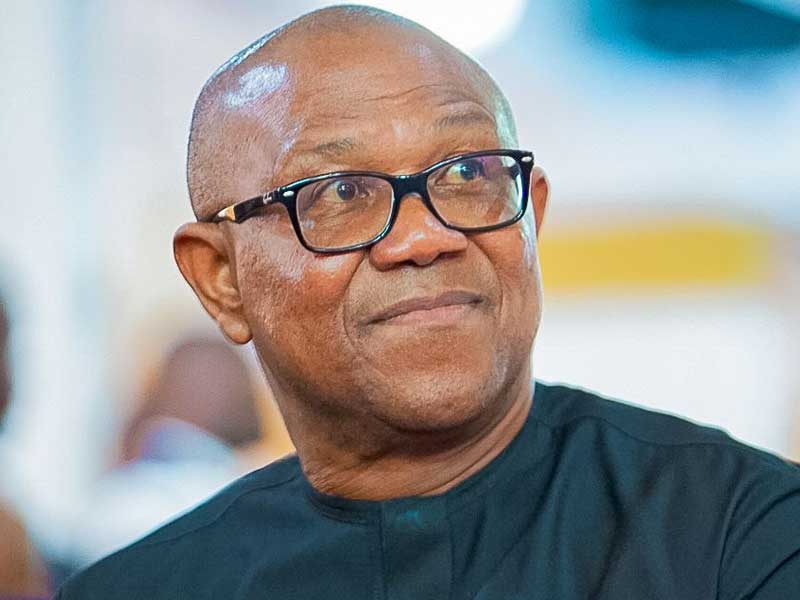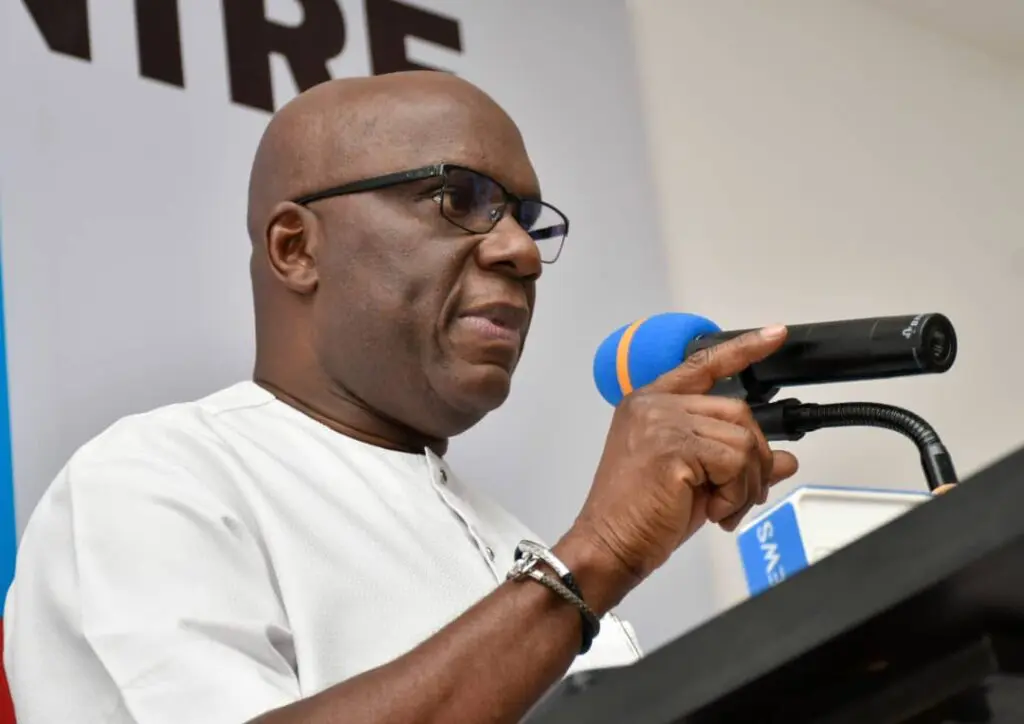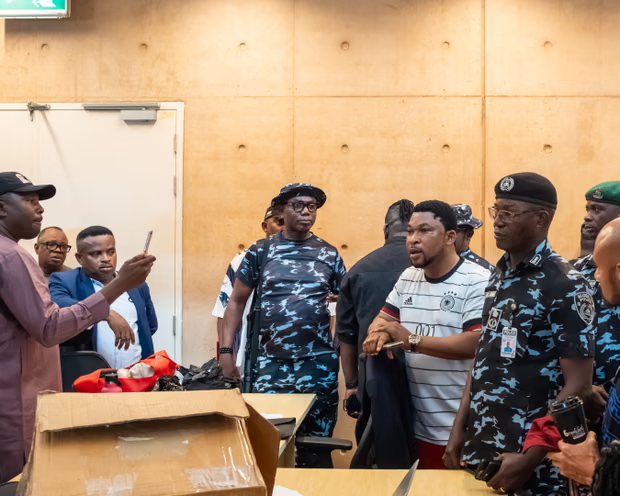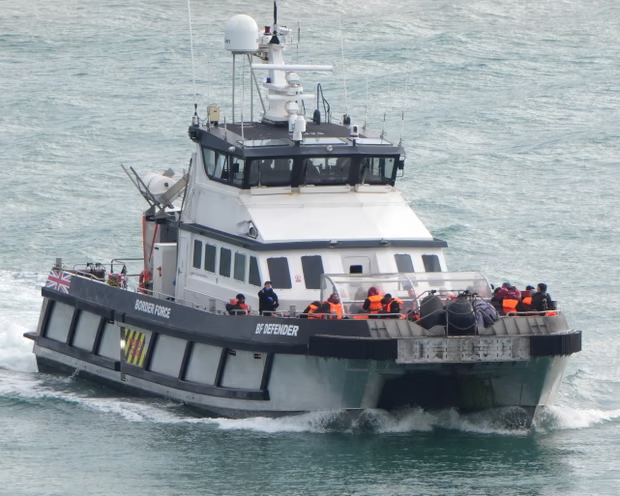Now Reading: Ken Saro-Wiwa’s Daughter Calls for End to Nigeria’s Oil Addiction, 30 Years After His Execution
-
01
Ken Saro-Wiwa’s Daughter Calls for End to Nigeria’s Oil Addiction, 30 Years After His Execution
Ken Saro-Wiwa’s Daughter Calls for End to Nigeria’s Oil Addiction, 30 Years After His Execution
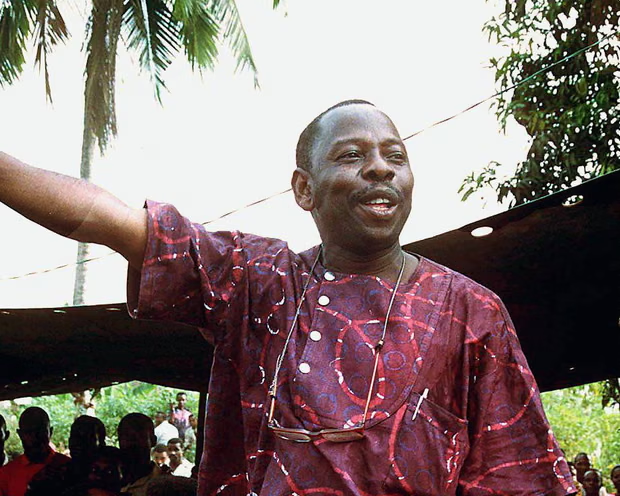
Three decades after Nigerian environmental activist Ken Saro-Wiwa was executed by the military regime, his daughter, Noo Saro-Wiwa, has urged the country to abandon its dependence on oil and embrace clean, renewable energy to truly honour his legacy.
Writing on the 30th anniversary of his death, Noo reflected on her father’s lifelong fight for environmental justice in Ogoniland — a struggle that led to his wrongful conviction and hanging alongside eight other activists, known as the Ogoni Nine, in 1995. Earlier this year, President Bola Tinubu granted a posthumous pardon to the group, but Noo described the gesture as inadequate, insisting that “a pardon suggests guilt — what is needed is full exoneration.”
Ken Saro-Wiwa’s campaign against Shell’s oil pollution in the Niger Delta forced the oil giant to withdraw from Ogoniland in 1993, sparking a global reckoning over corporate environmental responsibility. His death later prompted the establishment of the Hydrocarbon Pollution Remediation Project (HYPREP), tasked with cleaning up decades of oil contamination. Yet, three decades later, pollution levels remain dangerously high, and illegal oil refining continues to ravage the land.
“Welcoming oil companies back would be an insult to my father’s memory,” Noo said, describing a recent visit to a solar power project in Umuolu that provides clean energy to a remote riverine community. “There are no oil spills, no disputes over jobs — just peace and productivity. Why suck on the dirty teat of the petroleum cash cow when we have sunlight and fertile land?”
She highlighted a conservation project in Apoi Creek, where efforts are underway to protect Nigeria’s last significant population of the Niger Delta red colobus monkey. To her, it’s proof that “our wealth lies in our ecology and education, not oil.”
Noo also recounted the shocking sight of a leatherback turtle dragged ashore by villagers debating whether to eat it, describing it as a symbol of lost environmental awareness. “In other countries, people pay thousands to see such wildlife,” she said. “We must learn to value and protect what we have.”
Through the soon-to-be relaunched Ken Saro-Wiwa Foundation, she hopes to expand access to solar power and promote education across Ogoniland — transforming it into a model of green entrepreneurship and sustainable development.
“My father dreamed of a Nigeria that could thrive without oil,” she wrote. “Thirty years on, that dream is still within reach — but only if we have the courage to move beyond the pollution and corruption that cost him his life.”
